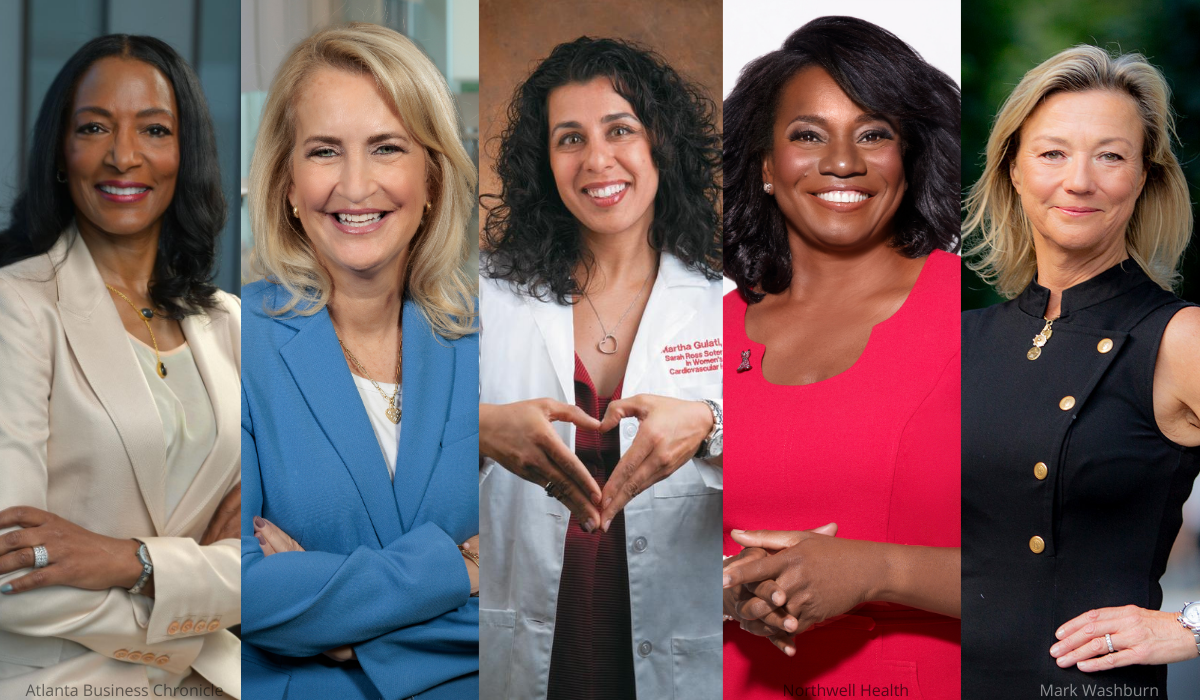Women Are Still Not Getting Crucial Information About Their Heart Health. These 5 Cardiologists Are on a Mission to Change That
For many years now, we’ve known that heart disease is the No. 1 killer of both men and women. Yet research shows women are more likely than men to skip regular heart-health screenings, as well as dismiss the warning signs of a heart attack.
Despite decades of awareness campaigns aimed at helping women assess their risk of heart disease and recognize the unique signs of heart attack (which are often different and more subtle than men’s symptoms), too many women still aren’t getting the message.
The cardiologists you’ll hear from here are on a mission to change that.
The Sunday Paper asked each of these Architects of Change what they wish more women would realize about their hearts. After you read what they have to say, share this story with every woman (and man!) in your life so we can collectively start moving the needle when it comes to this preventable disease.
Holly Andersen, MD
Attending cardiologist at New York-Presbyterian/Weill Cornell Medical Center and medical advisor for the Women’s Heart Alliance
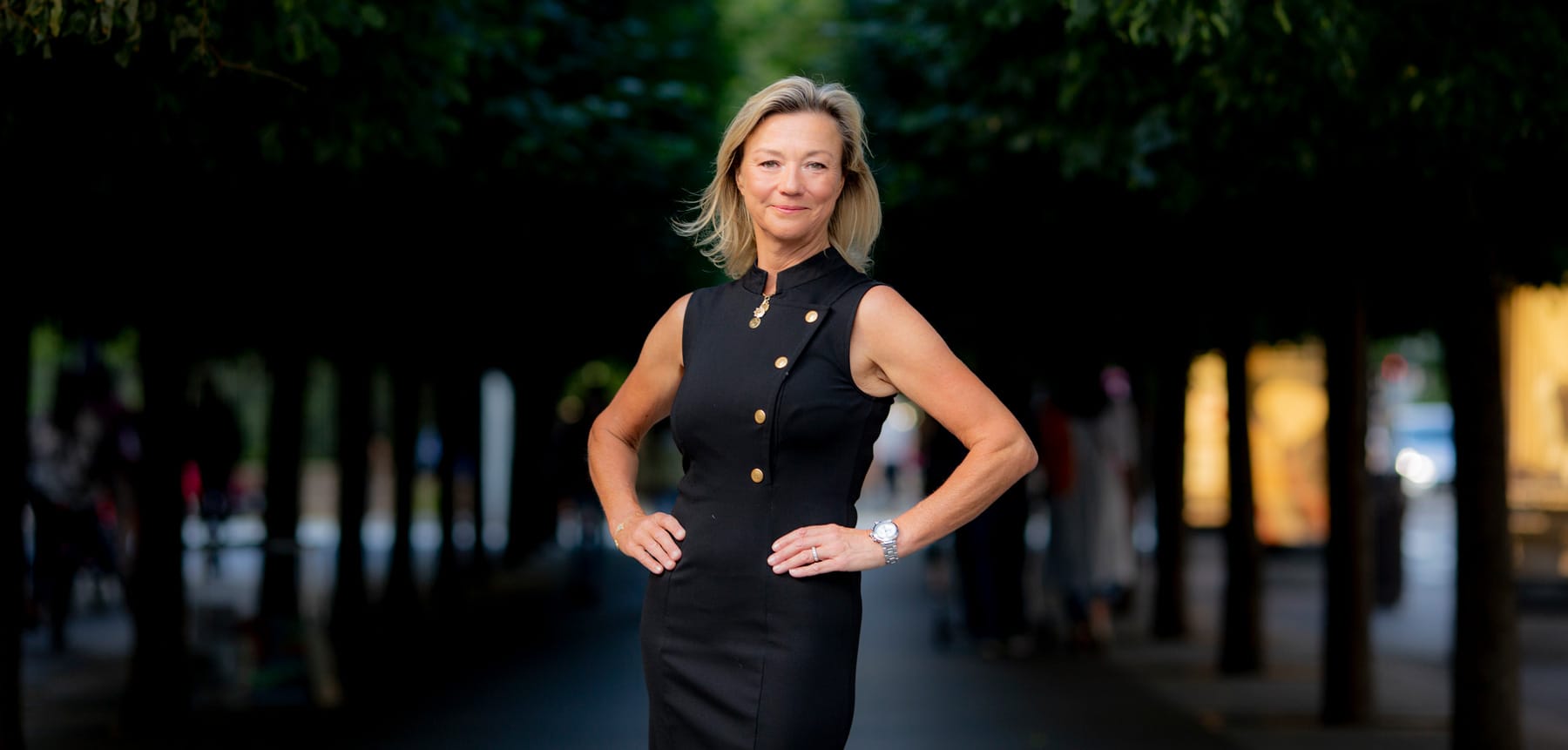
I want more women to realize…
“Deaths due to heart disease are increasing in the U.S., and they’re increasing the fastest among women aged 29 to 45.”
“For the last two decades, we’ve been trying to increase awareness that heart disease is the number one cause of death for women. Yet despite these efforts, awareness has declined over the past decade—and it’s the lowest among young women and especially women of color. This is why we're working so hard to continue to get the word out—and to doctors as well.
Women’s heart disease today remains under-researched, under-diagnosed, and under-treated. Heart attacks are much more likely to be misdiagnosed in women. And once a woman has a heart attack, she will do worse and be more likely to die from it than a man. So, we can improve things every point along the way. But really, I want to encourage women to advocate for their own heart health.
If you think there’s a problem with your heart, make sure you’re being listened to. If you go to the Emergency Room, ask the doctors: ‘Could this be a heart attack? Will you do an EKG?’ At your annual check-up, ask your doctor, ‘How’s my heart?’ That includes blood pressure, your sugar level, your cholesterol levels, your family history, and your pregnancy history. We really need to be advocates for ourselves, because too many women are dying needlessly from heart disease.”
Jayne Morgan, MD
Cardiologist, CNN medical expert contributor, and executive director of health and community education at the Piedmont Healthcare Corporation in Atlanta
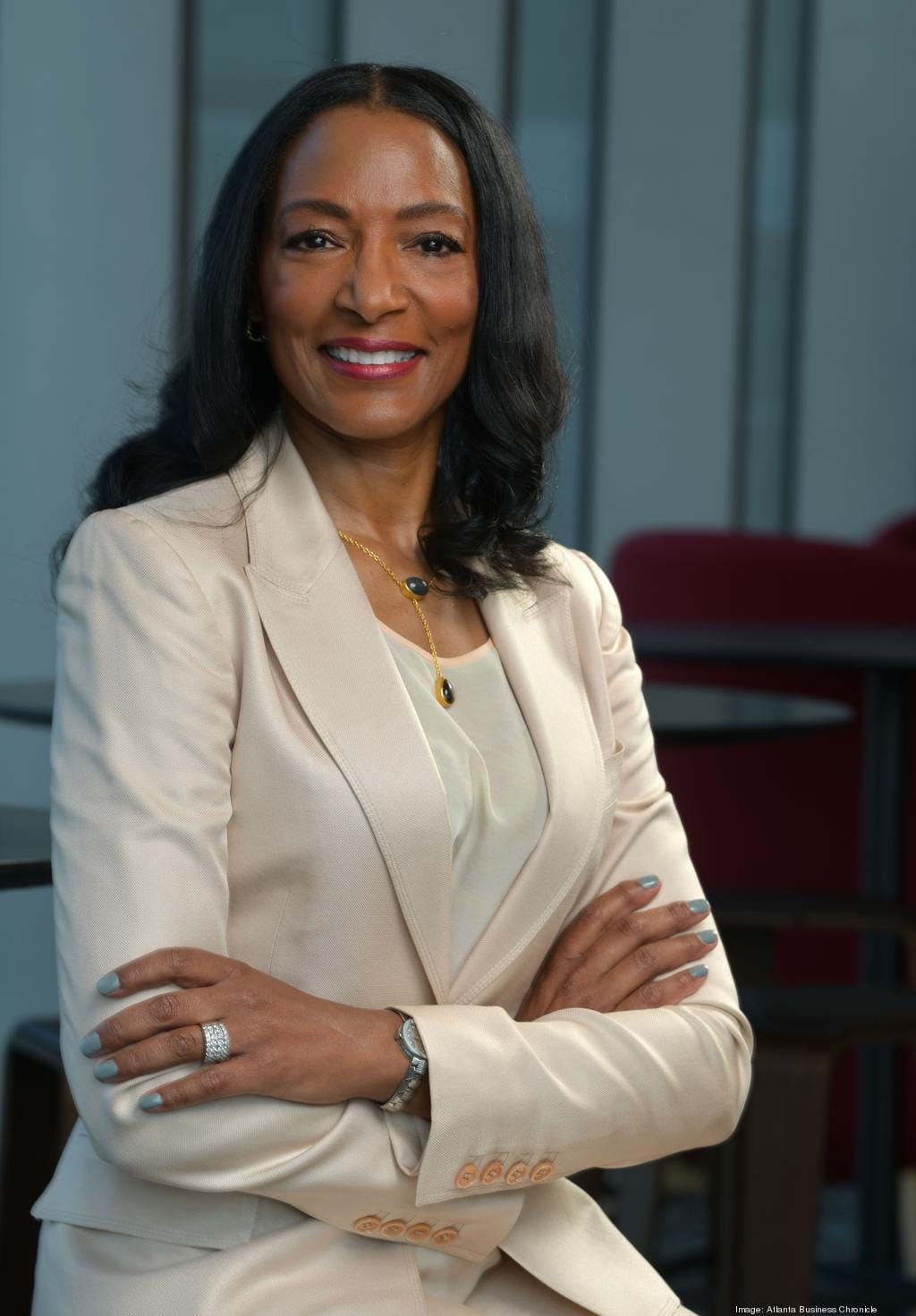
I want more women to realize…
“Pregnancy is your heart’s first stress test, and pregnancy complications increase a woman’s risk of cardiovascular disease later in life.”
“When a woman is pregnant, it’s essentially a stress test for her heart. This means that complications during pregnancy—like preeclampsia, eclampsia, and gestational diabetes—are essentially signs that you’ve failed this first cardiac stress test and that you are at an increased risk of heart disease.
Even if you had these complications during pregnancy many years ago and you’re well beyond your childbearing years, talk to your primary care physician and ask for a cardiac workup. If your physician isn’t aware of this connection between pregnancy complications and heart disease risk, ask for a referral to a cardiologist.
If you experienced pregnancy complications, it also means you’ll want to put a big focus on preventive care, and more aggressively treat high blood pressure, high cholesterol, and diabetes. You’ll also want to focus on the lifestyle factors, like a healthy diet and exercise, that you can control.”
Stacey E. Rosen, MD
Senior vice president of Northwell Health’s Katz Institute for Women’s Health and professor of cardiology at the Donald and Barbara Zucker School of Medicine at Hofstra/Northwell
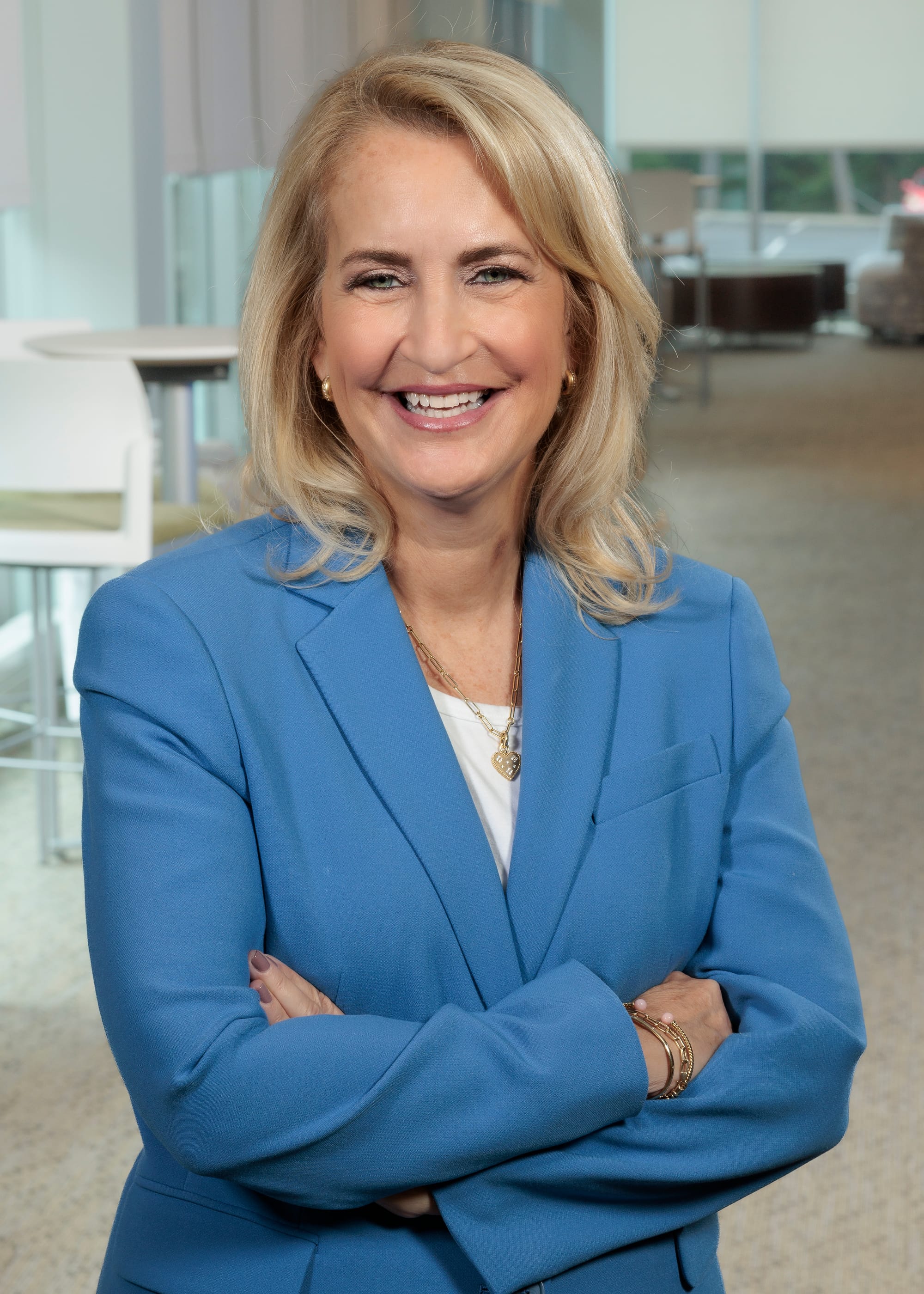
I want more women to realize…
“The data is clear that cholesterol-lowering medications, like statins are safe, effective, and save lives.”
“I tell all my patients I’m on a statin. For whatever reason, there’s a lot of fear that the risks of statins overwhelm the advantages. There’s a lot of silliness in media about statins being pushed so drug companies make money. There’s this feeling that they’re over-prescribed and too hard to take.
The truth of the matter is the data on statins is spectacular for safety, efficacy, and significantly lowered risks for death, heart attack, and stroke. The science also shows there are very few people who are truly statin intolerant.
Those on statins can have an elevated hemoglobin A1C, a blood test that measures your average blood sugar levels over the past three months. But the overall risk of diminishing stroke, heart attack, and angina still is in favor of taking statins, and the worry about dementia or forgetfulness has been put to rest with really good research.”
Martha Gulati, MD
Cardiologist at Cedars-Sinai Heart Institute, Associate Director of the Barbra Streisand Women's Heart Center, and the President-Elect of the American Society for Preventive Cardiology
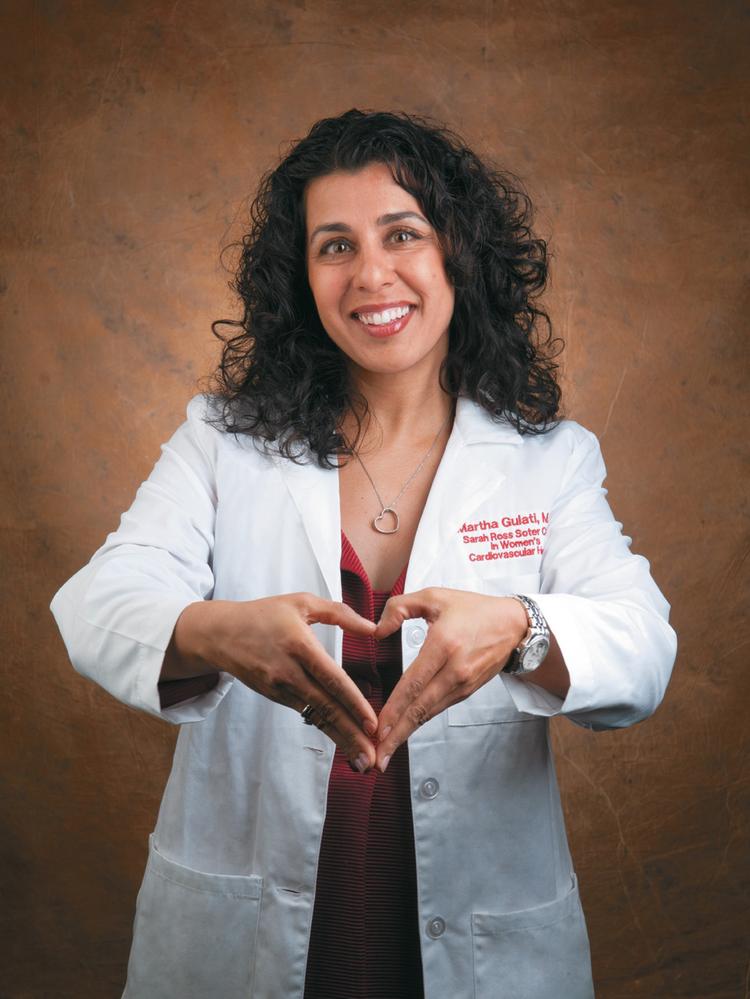
I want more women to realize…
“You can and should be screened for heart disease before you have any symptoms.”
“It’s my dream that more women will start to realize they need to get screened for heart disease so that instead of focusing so much on sick care, we could truly focus on health care and preserving the health of women.
In medicine in general, we talk about ‘bikini medicine’—breast, reproductive system, we’re done. Women know to get their annual mammogram. They know to get a Pap smear. When I speak to women about their heart health, I ask everyone who has had their hearts checked—and in a room of hundreds, I can usually count on one hand the number of women who have had a cardiovascular screening.
It’s hard because we don’t have a mammogram equivalent for the heart. That would be easier both for women and for their physicians. But we do have other tools. Know your numbers: What is your blood pressure? What is your cholesterol, particularly your LDL or ‘bad’ cholesterol? Do you have diabetes, or is your glucose elevated? We use all that information, along with other risk factors, to assess both your short-term and lifetime risk of heart disease.”
Jennifer Mieres, MD
Senior vice president of Northwell Health’s Center for Equity of Care and professor of cardiology at the Donald and Barbara Zucker School of Medicine at Hofstra/Northwell
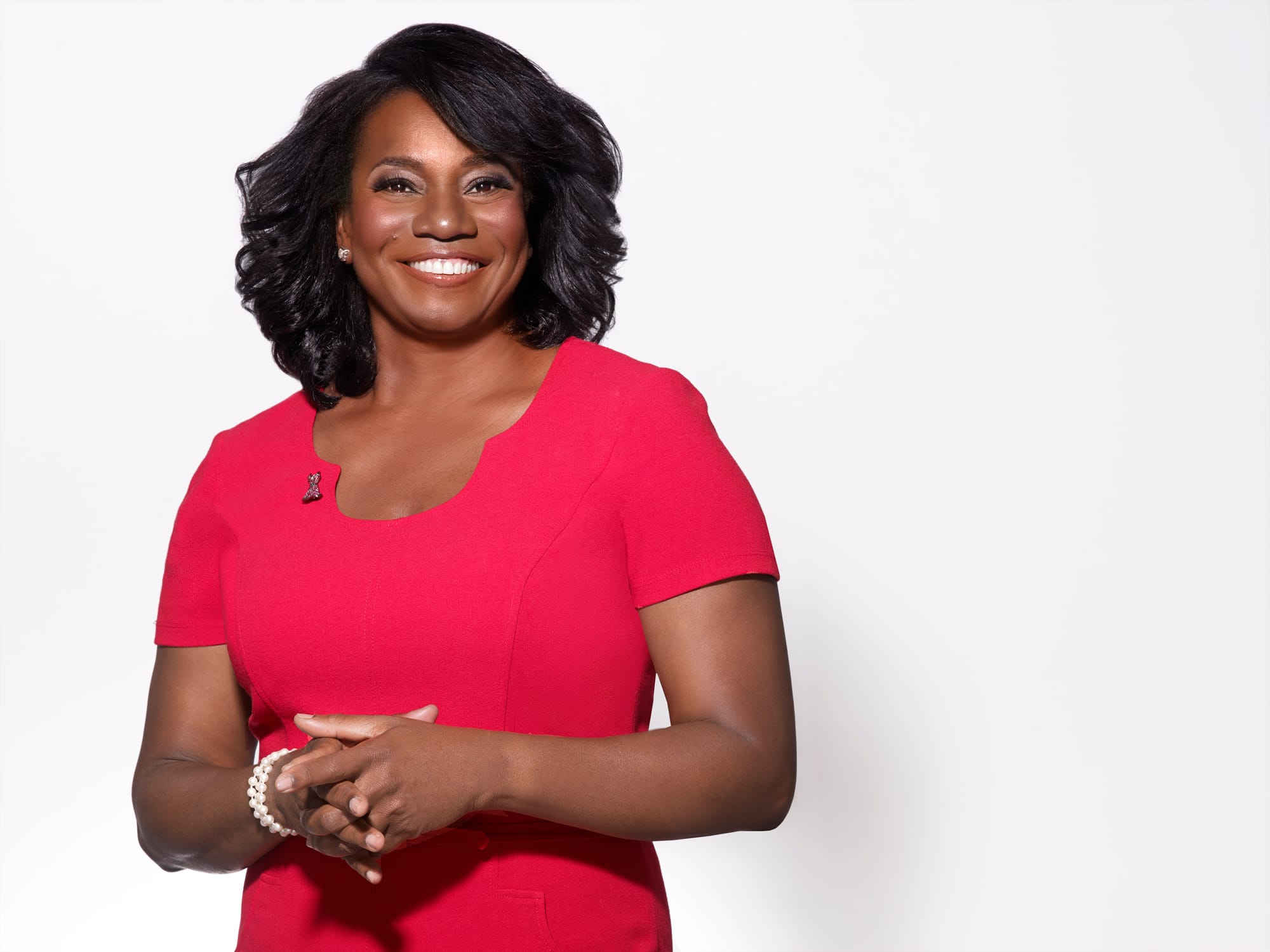
I want more women to realize…
“Black Americans are 30 percent more likely to die from cardiovascular disease than non-Hispanic whites.”
“When I see a woman of color, I look at her risk of heart disease holistically. Yes, Black adults are nearly twice as likely to develop type 2 diabetes and 1.3 times more likely to have obesity compared to those who are white—both known risk factors for developing cardiovascular disease.
However, it’s crucial to consider what else might be putting women of color at higher risk beyond these ‘traditional’ risk factors like hypertension, cholesterol, and weight. We now understand things like chronic stress and a lack of quality sleep, for example, are also risk factors for heart disease. Which is why it’s important for everyone, but especially women of color, to look at your life in its entirety. Maybe you don’t have hypertension, but if you are dealing with the chronic stress of everyday discrimination or racism, this is something you must bring up to your doctor.
For women of color, it’s crucial to recognize that heart disease is your No. 1 health risk and that you likely have a higher burden of cardiovascular risk factors. This recognition alone would help us prevent heart disease, detect it in its early stages, and save so many women’s lives.”

